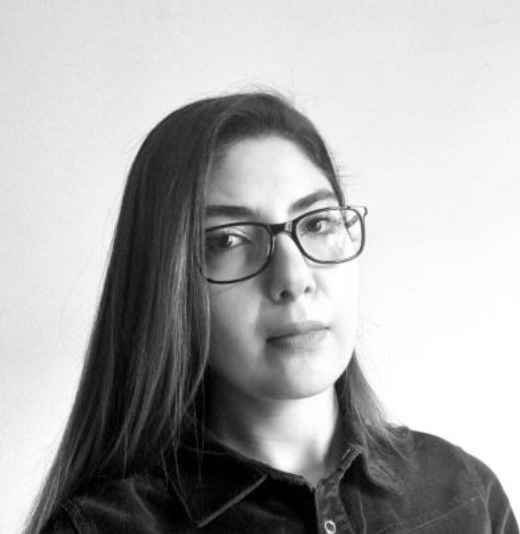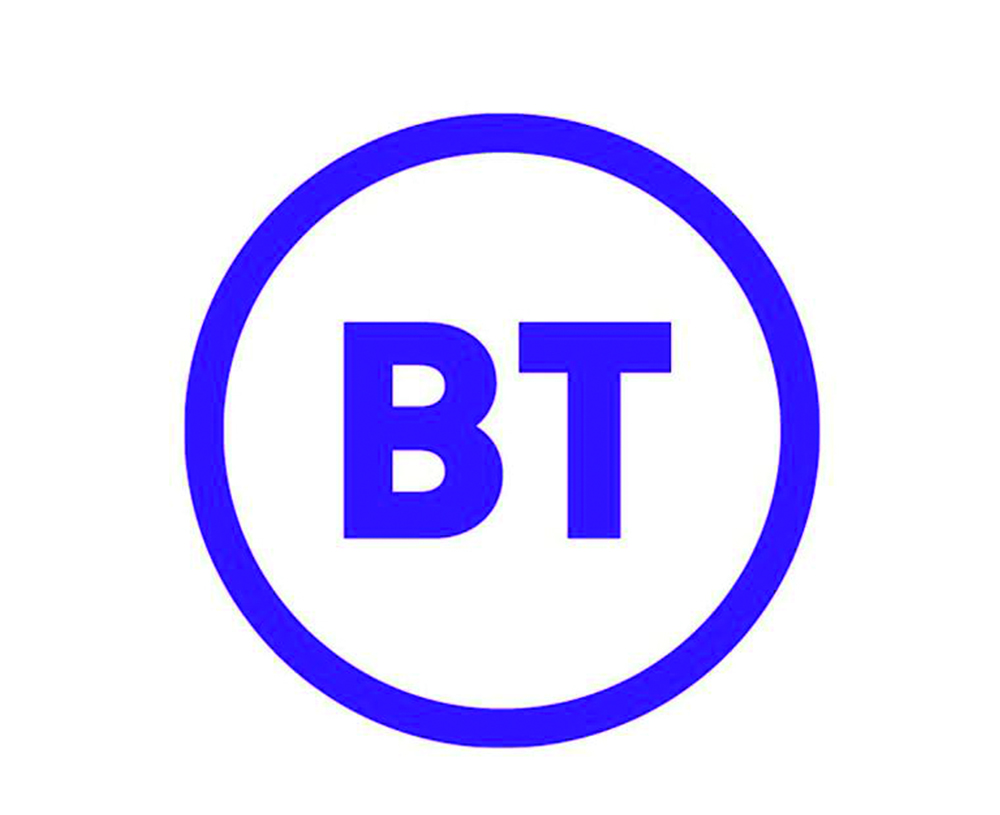What did we do?
Working with academic supervisors from the University of Essex, the project was shaped to ensure
there was scope to deliver a novel PhD topic that had potential to provide real world business
benefit.
The BT industrial supervisor, Aygul Garifullina, organised regular calls with Mahsa and her academic
supervisors to review progress and discuss technical matters. As NLP and ML are fast developing
areas it was critical to follow the hot topics and trends.
With the benefit of Adastral Park being so close to the University of Essex, Mahsa was able to
regularly visit Adastral Park wherever possible, building effective working relationships and allowing
the her to collaborate with multiple BT domain experts and stakeholders. This provided enhanced
context behind the relevance and direction of the research.
Whilst the PhD spanned across multiple Covid restrictions being in place the relationship between
Mahsa and Aygul remained strong through the ability to remain flexible and adapt to the given
circumstances.
Finally, as the industrial sponsor BT provided datasets for training machine learning models allowing
Mahsa to see real world examples of input and develop novel methods. Due to the confidential
nature of the data this created restrictions in terms of results publication, although learnings from
this will be used going forwards.
What was the outcome?
At the start of the journey we expected the PhD would contribute towards the research area of
natural language processing, with application to analysis and understanding of engineering notes,
helping BT to develop its capabilities in this domain. The output exceeded our expectations
through:
- delivering a clear contribution to research area of NLP and ML
- delivering a novel hybrid framework proposal for question-driven automatic text summarisation
- furthering of our knowledge and skills in NLP and ML
- understanding the challenges specific to engineering notes processing, including the format,
variety and importance in the order journey analysis
- regularly sharing the insights uncovered through the notes - about customer order journeys, and
internal processes - with the stakeholders
- delivering a demo tool for text summarisation and question answering on engineering notes
- writing a published paper entitled: "Adaptable Closed-Domain Question Answering Using
Contextualized CNN-Attention Models and Question Expansion"
- two IDFs submitted and reviewed with BT’s patent attorneys
- a conference presentation at AI-2022 Forty-second SGAI International Conference on Artificial
Intelligence (December 2022).
More importantly Mahsa successfully passed her PhD in December 2022. This project is part of
continuing relationships with our academic partners to foster collaboration and knowledge sharing
in this field.
Learning and early prototypes from this work will be essential for building future solutions for
automated analysis and processing. Due to an ongoing review of the software stack,
downstreaming would require significant transformation efforts. Therefore, the team are actively
exploring options in this space, especially considering recent advancements in technology.
Thank you to the University of Essex Supervisors Dr. Jon Chamberlain, Dr. Shoaib Jameel, the Student
Mahsa Abazari Kia and our BT Industry Supervisor Aygul Garifullina.
Also we’d like to thank Prof. Ansgar Scherp who helped to set up and start the project as an
academic supervisor from the University of Essex and Dr. Mathias Kern for continuous support from
BT side.


